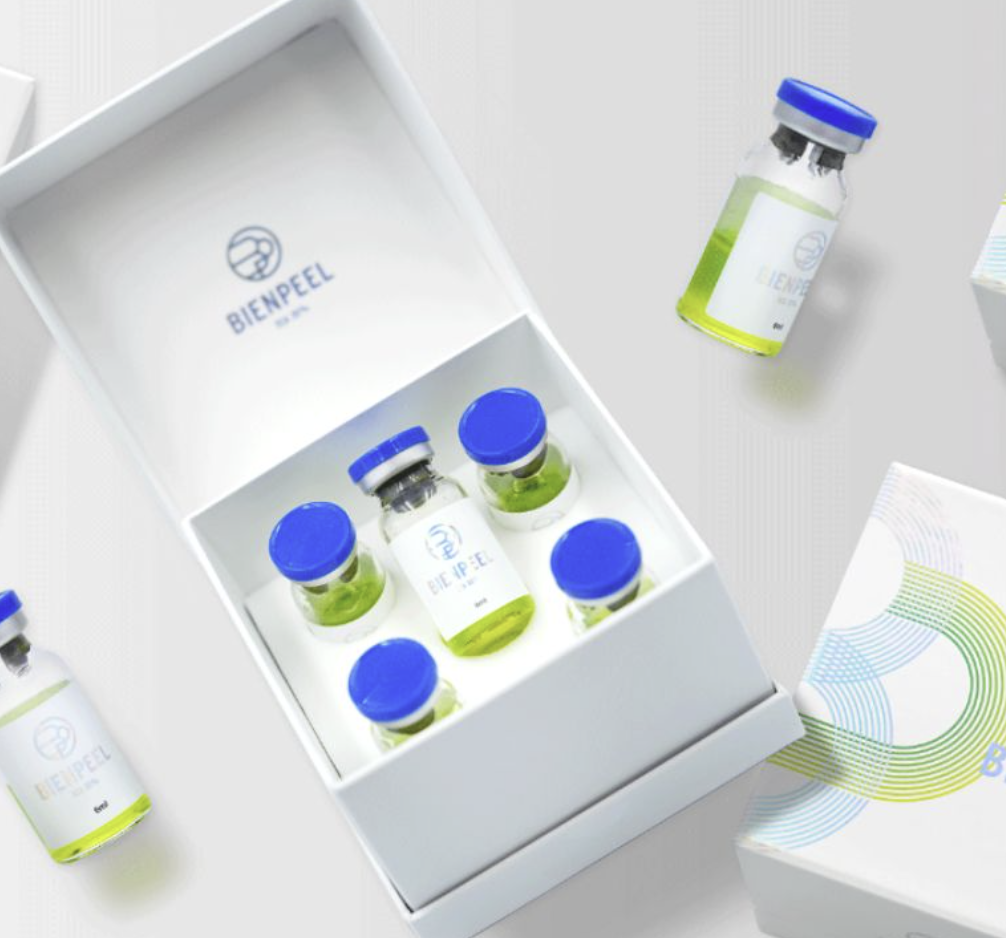Chemical Peel Treatment: Rejuvenate Your Skin with Proven Results
A chemical peel is a highly effective skincare treatment designed to improve the tone, texture, and overall appearance of your skin. Whether you're looking to reduce fine lines and wrinkles, diminish acne scars, or even out your skin tone, chemical peels can deliver noticeable, long-lasting results. This non-invasive treatment works by applying a specially formulated chemical solution to the skin, which exfoliates and removes the damaged outer layers—revealing smoother, brighter, and younger-looking skin underneath.
Chemical peels have been used for decades and remain one of the most trusted cosmetic treatments offered by dermatologists, aestheticians, and skincare clinics around the world. Today, you can also find professional-grade chemical peels for home use—perfect for maintaining glowing, healthy skin between clinical visits.
What Is a Chemical Peel?
A chemical peel—also known as chemexfoliation or dermapeeling—involves the application of a chemical solution to the face, neck, or hands. The solution causes controlled exfoliation and peeling of the top layers of skin. As the damaged skin peels away, new, regenerated skin is revealed. This new skin is typically smoother, firmer, more even in tone, and visibly refreshed.
Chemical peels vary in strength and depth of penetration depending on the active ingredients used.
Each chemical targets different skin issues and penetrates at different levels, allowing you to choose the right type of peel for your skin concern.
Benefits of a Chemical Peel
Chemical peels offer a wide range of benefits, making them one of the most versatile cosmetic skin treatments available. These include:
✅ Reduction of Fine Lines and Wrinkles: By stimulating collagen production, peels help reduce the appearance of fine lines and wrinkles—especially those caused by sun exposure or aging.
✅ Clearer, Smoother Skin: Peels exfoliate dead skin cells and unclog pores, reducing acne and blackheads while improving skin texture.
✅ Fades Acne Scars and Blemishes: Medium and deep peels penetrate deeper to improve the appearance of post-acne marks and pigmentation.
✅ Treats Hyperpigmentation: Chemical peels can help correct melasma, sun spots, age spots, and uneven skin tone.
✅ Brighter Complexion: As the dull top layer of skin is removed, the new skin appears more luminous and radiant.
✅ Improved Skincare Absorption: Removing dead skin enhances the absorption of active ingredients from serums and moisturizers.


